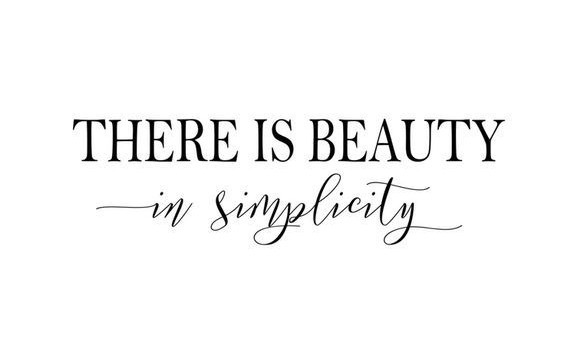-
Angel Fuller and
sean king are now friends
-
Whitney replied to the topic Straight Up Care: FAQ in the forum Public Forum
START SD
Q: Does the $30/hr for the START SD grant HAVE to be video, or would audio be acceptable?
A: Video or audio are acceptable for the $30/hr grant rate. As always, take into account the pros and cons of each for connecting with peers.Q: Is there a way to stop someone who isn’t through the START SD grant from scheduling during the START S…Read More
-
Whitney replied to the topic Straight Up Care: FAQ in the forum Public Forum
StraightUpCare.org/Straight Up Care App
Q: What’s the process for a client to schedule an appointment? Will they just show up on my schedule and I have to constantly check?
A: When someone wants to work with you, you will receive an appointment request via email and phone notification for a specific day/time. You then must go to your pending a…Read More -
Rise and Thrive! It is a wonderful day to begin again! This day, this hour, this minute, this second. There is always an opportunity to start over.
-
Angel Fuller and
Darby Poe are now friends
- Load More Posts

Courtney HaysOffline
- California
- straightupcare.org/consultant-profile/5411178
- Peer Specialist
About Me

Courtney Hays
Medi-Cal Peer Support Specialist
The one thing I have always known I'd like to do with my life is to help people. As a Peer Specialist, I am also a person who has used mental health services. I have always wanted to be able to make a difference to people's lives.
My journey has been filled with challenges—challenges that, at times, felt impossible to overcome. From being adopted and facing the confusion that comes with searching for my identity, to being bullied, battling Alopecia, Borderline Personality Disorder (BPD), and dealing with the heartbreak of infertility, I’ve been through a lot. But through it all, I’ve found strength and resilience.
When I was 21, Alopecia first took my hair, leaving me feeling vulnerable and insecure. Society places so much emphasis on appearance, and I felt like I was losing a piece of myself. I tried to hide behind wigs, but the emotional toll was far deeper. I remember a mother in a store snatching her child away from me, as though my condition were contagious. Her words shattered me. But I decided that Alopecia wouldn’t define me. I became involved with the National Alopecia Areata Foundation, participating in clinical trials, and turning my experience into advocacy. Slowly, I reclaimed my confidence.
In my late twenties, I was diagnosed with Borderline Personality Disorder (BPD), which explained so much of the emotional turmoil I had felt for years. It gave clarity, but also came with its own struggles. I enrolled in Dialectical Behavior Therapy (DBT), where I found hope and healing, and I connected with others who understood the roller coaster of emotions I was on.
Life threw yet another challenge my way when my husband and I faced infertility. The dream of having biological children felt out of reach, and I questioned my worth. But in that deep grief, I found new ways to see my life and the potential for love beyond traditional definitions of family.
Through all these experiences, I’ve learned the value of support—how essential it is to not only survive but thrive. I’ve been there in the depths of isolation, and I know how important it is to hear, “You’re feelings are valid. Your emotions are real. You’re not alone.” That’s why I became a Certified Peer Support Specialist. I want to use my story to inspire others, showing that while life’s challenges are inevitable, they can be transformed into sources of strength and connection.
As Dalai Lama XIV said, “Tragedy should be utilized as a source of strength.” This is the essence of my journey, and as a peer support specialist, I use it to help others transform their own tragedies into resilience, showing them there’s hope, even in the darkest times.









